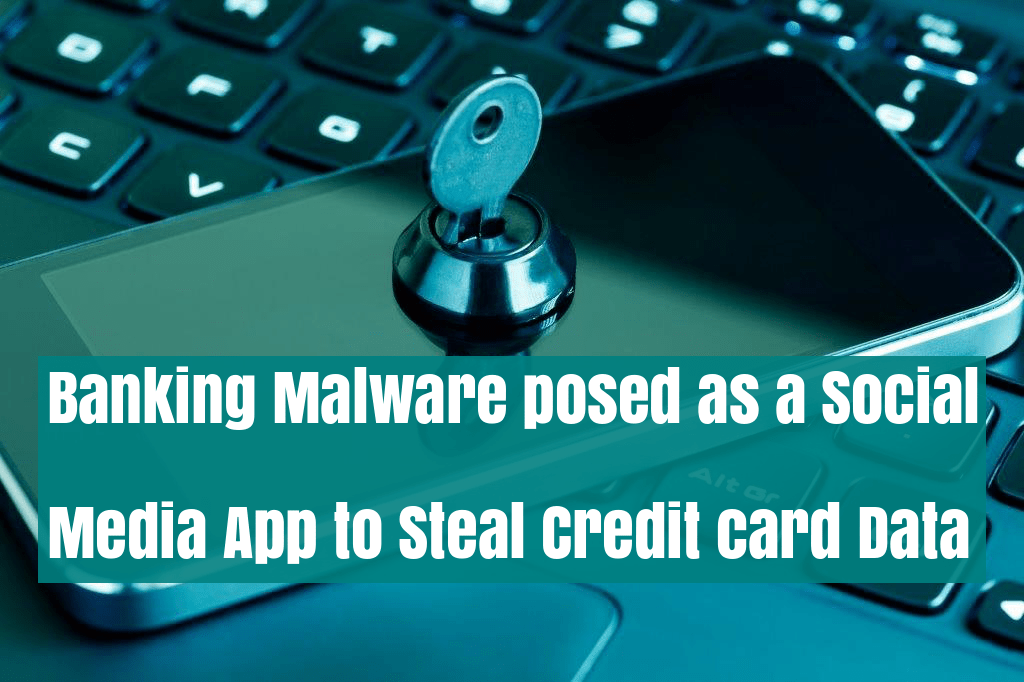Newly discovered Two Android Banking Trojan posed as popular social Media and banking apps to steal the victim’s financial information from online banking and payment systems
Android Banking Trojan’s mainly targeting the financial sector such as bank and other financial institutions and compromising it to steal sensitive information such as username, password and credit card data.
It mimics as popular social media apps such as WhatsApp, Facebook, Skype, Instagram, Twitter and other India based banking apps.
Malicious Android Applications are using fake ICON’s to trick users to install it on to the victim’s device.
 How Does This Banking Trojan Attack Works
How Does This Banking Trojan Attack Works
Initially victims download the malicious apps downloaded from third-party app stores or links provided in SMS’s or emails and pornographic websites.
Once it downloads and installed into the vicitms computer the malware gain access to special privileges by forcing the user to select the ‘Activate’ button.
The malicious application requested to Activate the device administrator to gain the complete control of the infection victims device.

If the user will press the CANCEL button, the app will keep asking Press the ACTIVATE button to gain the special permission as you can see the above Picture.
Also, this malware having a list of apps that imitate as a legitimate apps and search it in the infected victim’s device after gaining the special permission.
According to Quickheal, if the user opens any of these apps (banking or social media), the Trojan displays a fake window asking for a credit/debit card number. Unless this number is provided, this window prevents the user from accessing the app

Once the infected users will provide a card number and other relevant information that requested by this Trojan, then it will share the gathered information to the attacker via Command & Control server.
Mitigation
- Avoid downloading apps from third-party app stores or links provided in SMS or emails.
- Always keep ‘Unknown Sources’ disabled. Enabling this option allows installation of apps from third-party sources.
- Keep Play Protection service ‘ON’
- Verify app permissions before installing any app even from official stores such as Google Play.
Also Read:








